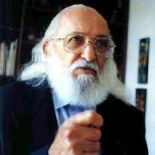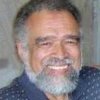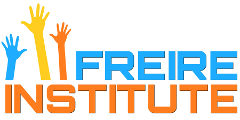History
 Our roots go back to work undertaken in the 1970s and 1980s by the Paris-based Ecumenical Institute for the Development of Peoples (INODEP), whose founder and first president was Paulo Freire, and in particular to Filip (Philippe) Fanchette who worked for INODEP and later followed in Paulo Freire's footsteps to become director of adult education at the World Council of Churches.
Our roots go back to work undertaken in the 1970s and 1980s by the Paris-based Ecumenical Institute for the Development of Peoples (INODEP), whose founder and first president was Paulo Freire, and in particular to Filip (Philippe) Fanchette who worked for INODEP and later followed in Paulo Freire's footsteps to become director of adult education at the World Council of Churches.
 Inspired by Fanchette's contributions, a small team who had participated in the training started working as a community-based education and training collective in the UK with a number of groups. Participants at first included church groups, community projects, community development workers and staff in NGOs. The team members also applied the principles in their own work settings, including academic social policy, theology, community work and industrial mission.
Inspired by Fanchette's contributions, a small team who had participated in the training started working as a community-based education and training collective in the UK with a number of groups. Participants at first included church groups, community projects, community development workers and staff in NGOs. The team members also applied the principles in their own work settings, including academic social policy, theology, community work and industrial mission.
Recognizing the need to systematize and formalize their efforts to reach a wider audience and establish an academic presence, the collective took steps to found the Institute. The pedagogical frameworks and participatory action models used by INODEP and in our informal work in the UK, supplemented by related models from around the world, form the basis of Freire Institute's approach today, updated and adapted to reflect current circumstances.
Join our community of practice



